Is sugar damaging your liver?
By Louise Belle BHSc (Nut Med)
Sugar has been getting a bad reputation in recent years, and for good reason. We are shifting from a society obsessed with the fat content of foods, to a society that are more aware of the many negative health consequences of excessive sugar intake. The vast majority know that overloading on sugar can increase the risk of obesity and type 2 diabetes. Less-commonly known is the effect that sugar has on liver health. When it comes to the liver, it is accepted by the general population that drinking alcohol can lead to liver damage. Did you know that consuming too much sugar is one of the biggest risk factors for a fatty liver?
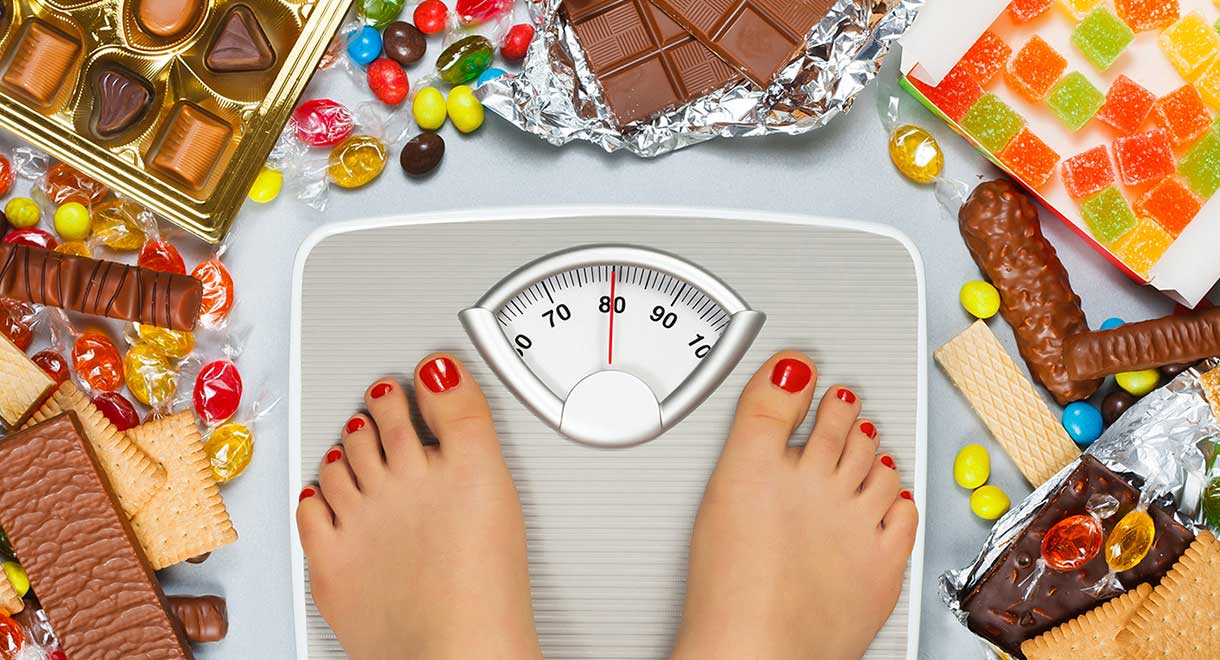
Sugar = fat
When you consume a meal containing sugar (carbohydrates) it is broken down into smaller glucose (sugar) molecules for use in the body. The hormone insulin is released from the pancreas in response to the spike in blood glucose. A portion of the glucose will be used as an immediate energy source, and the extra is stored as glycogen in the body for later energy use. When glycogen stores are full and there is excess glucose in the blood, insulin will convert it into fat cells for storage in the body. That’s right – sugar turns to fat! One of the areas the fat is stored is in the liver. Liver cells are slowly replaced by fat cells, leading to non-alcoholic fatty liver disease (NAFLD). Your liver can literally become fatty by eating too much sugar.
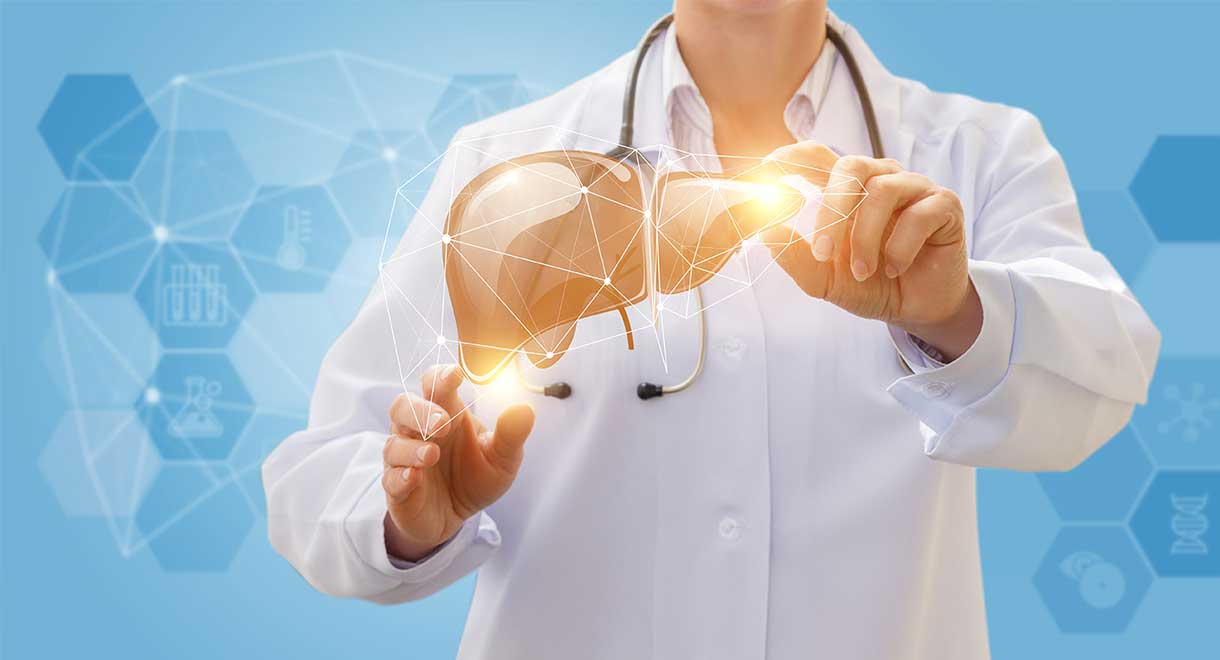
Sugar = inflammation
Apart from contributing to fat storage, sugar can also cause inflammation in the liver. When you eat sugar, inflammatory chemicals (such as cytokines) are released into the body. If sugar is consumed on a regular basis, it can cause chronic and systemic inflammation throughout the body. The liver is just one of the organs affected by this inflammation, and it can lead to liver damage or enlargement. Sugar feeds harmful gut bugs, which release waste products into your bloodstream that travel to your liver, harming it. Sugar has also been shown to directly suppress the immune system. When the immune system is suppressed, the chance of catching a viral or bacterial infection is increased and the body’s ability to fight infections is reduced.
When the liver is fatty, inflamed or damaged, its ability to process and remove toxins from the body is decreased. The liver becomes sluggish, toxins stay in circulation for longer periods of time and start to cause damage to cells, tissues and organs in the body. When the liver is not functioning optimally, its ability to burn excess fat and cholesterol is reduced, further contributing to fatty deposits in the liver and weight gain. It’s a dangerous downwards spiral from here.
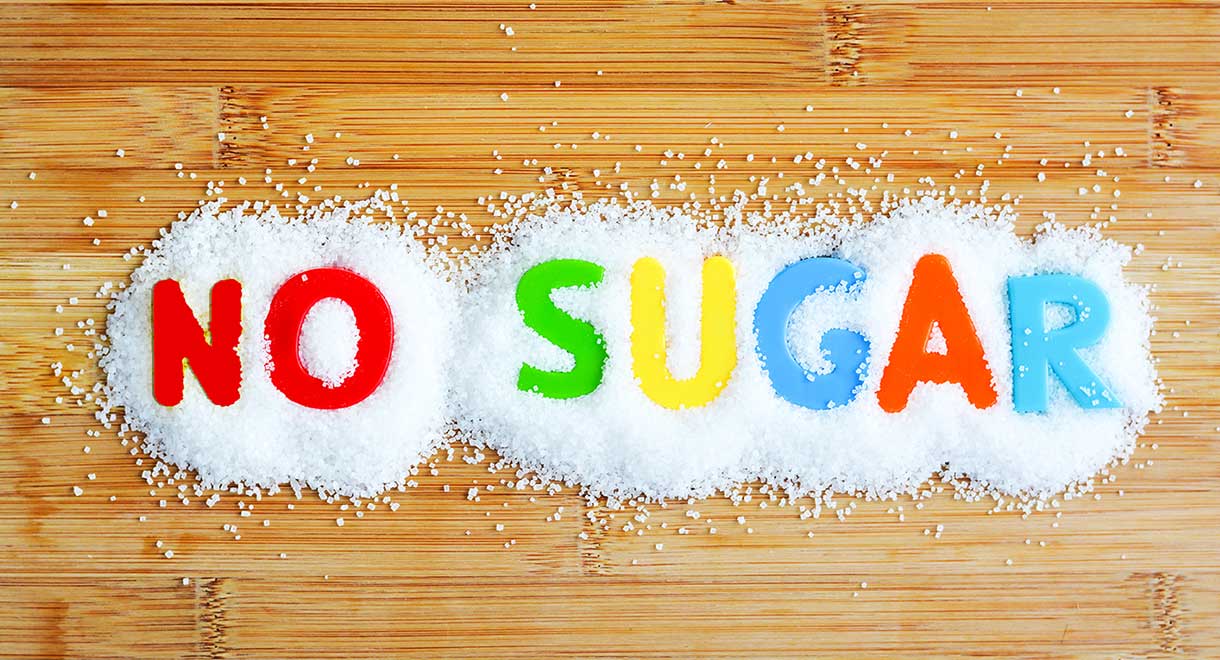
Quit sugar
It’s time to take care of your liver and make some changes to your diet. The obvious sugars such as soft drink, cake, donuts, biscuits, ice cream, chocolate, lollies and cordial should be avoided. Refined carbohydrates such as white rice, white bread, white pasta, white flour, hot chips and potato chips may be less suspect, but have the same impact on blood glucose levels and risk of fatty liver as the obvious sugar foods. Reduce these as much as possible, and focus on eating whole foods such as vegetables, fruit, lean proteins and healthy fats. Be on the lookout for high fructose corn syrup, glucose, dextrose, sucrose and maltose in pre-packaged goods, as these are all forms of sugar.
If you are addicted to sugar, which is not uncommon, you may experience some detox symptoms when removing it from your diet. A good quality magnesium supplement can also offer assistance during your sugar detox. Magnesium, the miracle mineral helps to calm the nervous system, can reduce withdrawal headaches and is important for balancing blood sugar levels. BactoClear capsules contain the essential oils of clove, oregano and thyme, with powerful antimicrobial effects in the gut.
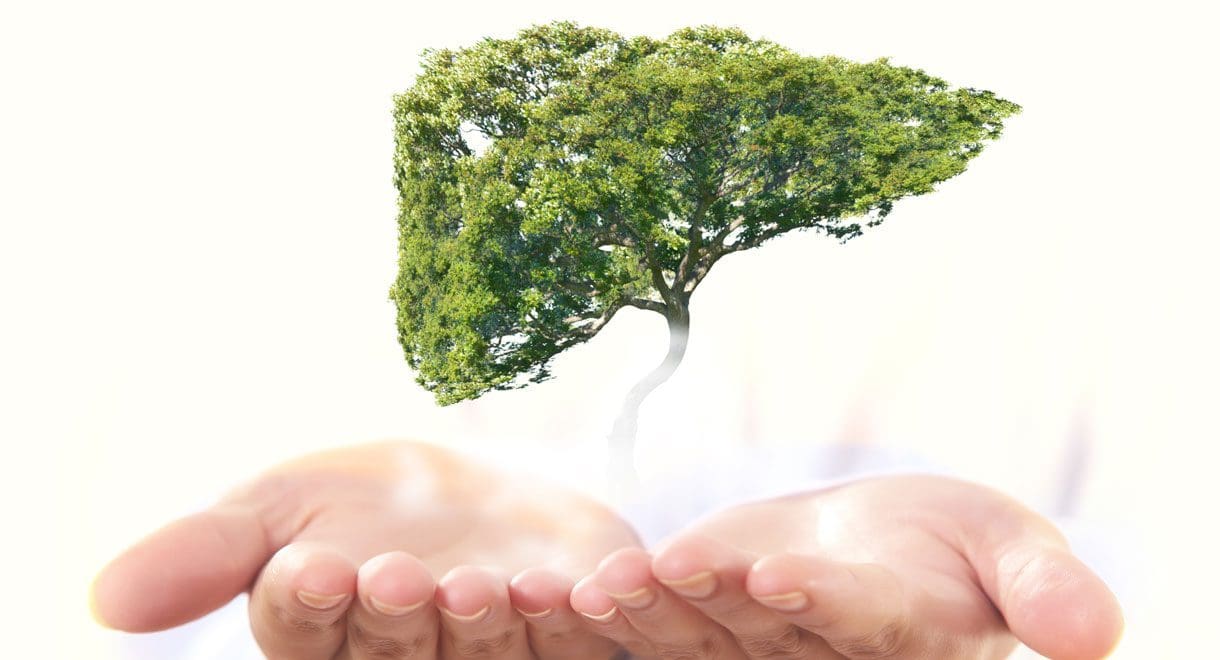
Love your liver
Your liver is a vitally important organ, responsible for multiple functions, such as the manufacturing of hormones, filtration and detoxification of harmful toxins from the blood stream, regulation of blood sugar, protein and fat metabolism and the storage of essential vitamins and minerals. It is imperative that you take care of your liver, so it can take care of you! Drink plenty of water, eat an abundance of fresh vegetables and fruit in your diet and reduce the amount of refined carbohydrates, alcohol and pain medication you consume.
If you feel like you’ve been overindulging in sugar and that your liver might benefit from a little extra love, the Dr Cabot Cleanse program is just the thing you need! A 15 day program that targets the liver, gut and immune system for a total body cleanse. It is accompanied by a recipe booklet that is free from refined sugars, helping to kickstart your sugar-free journey.


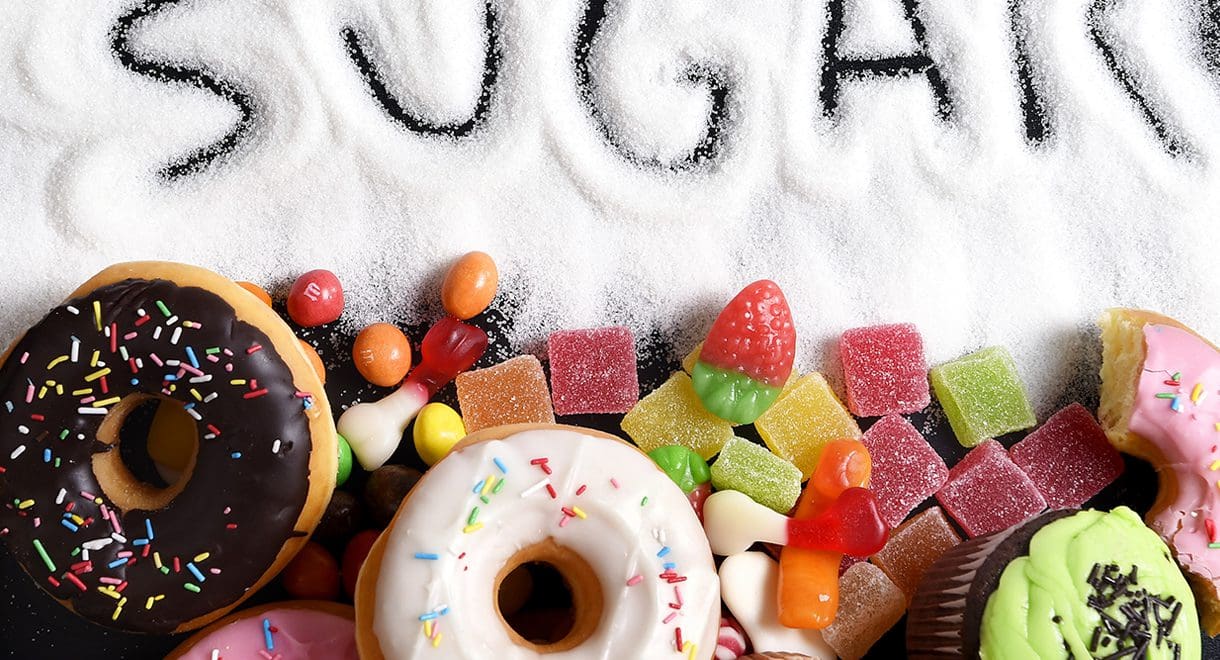

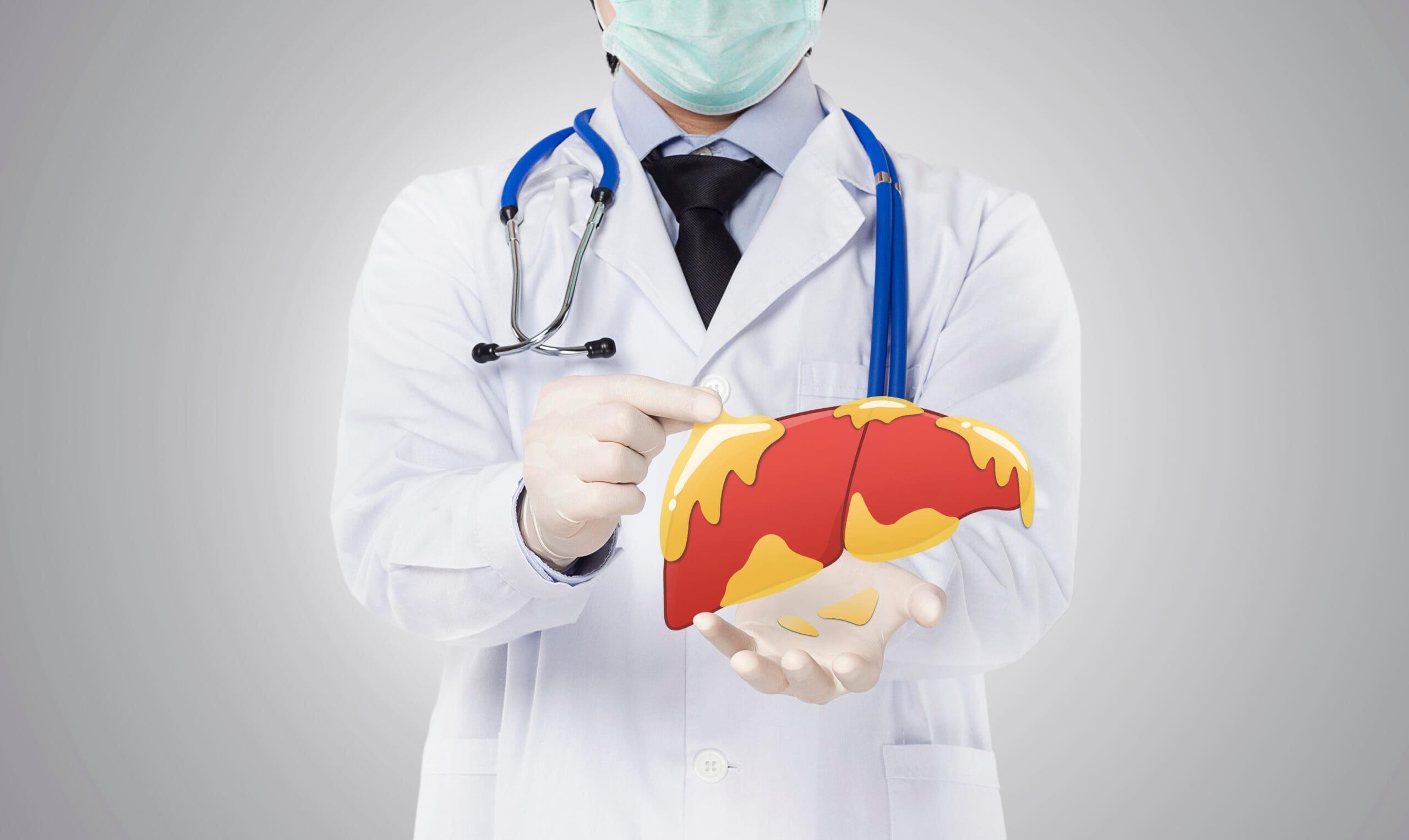

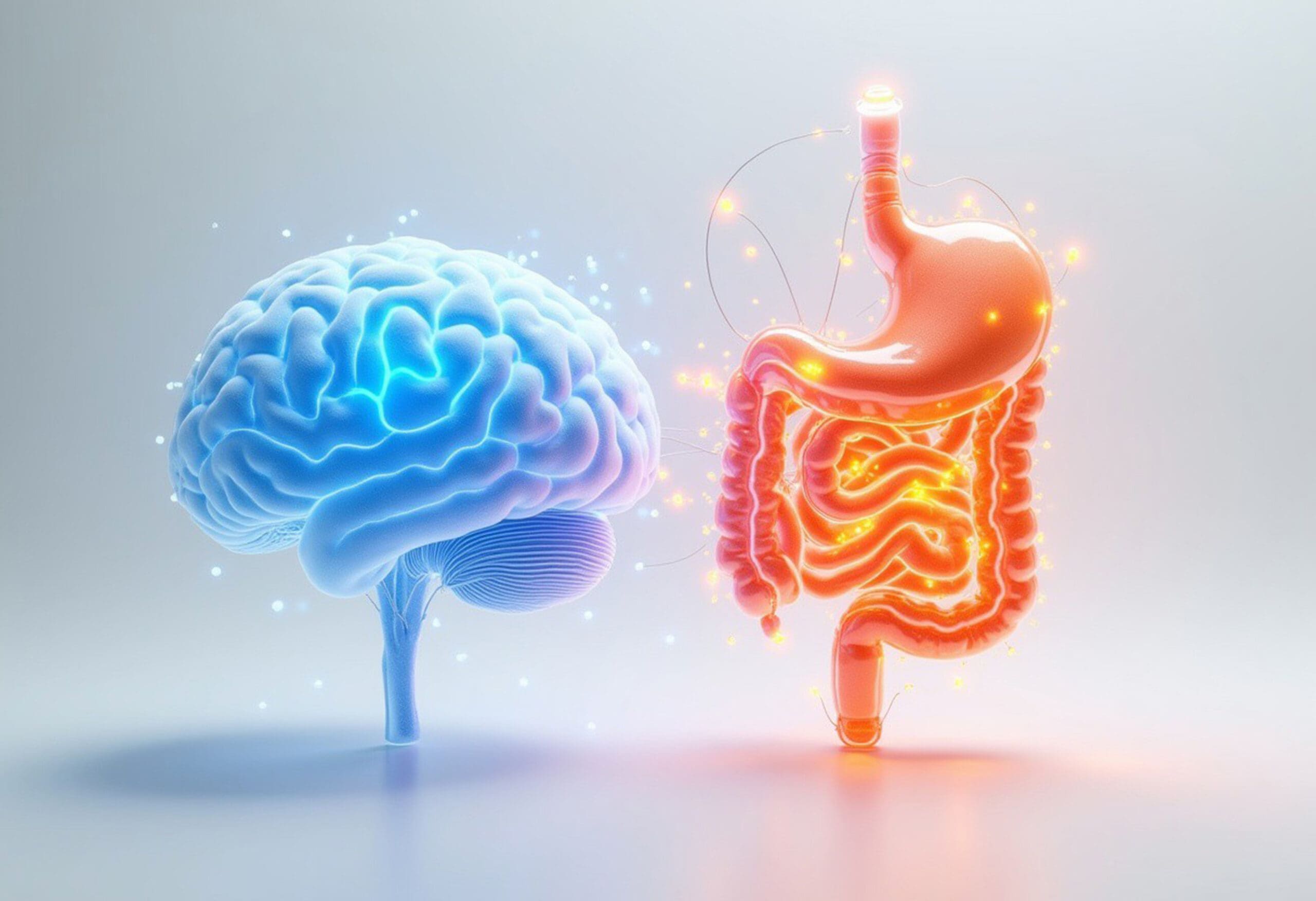
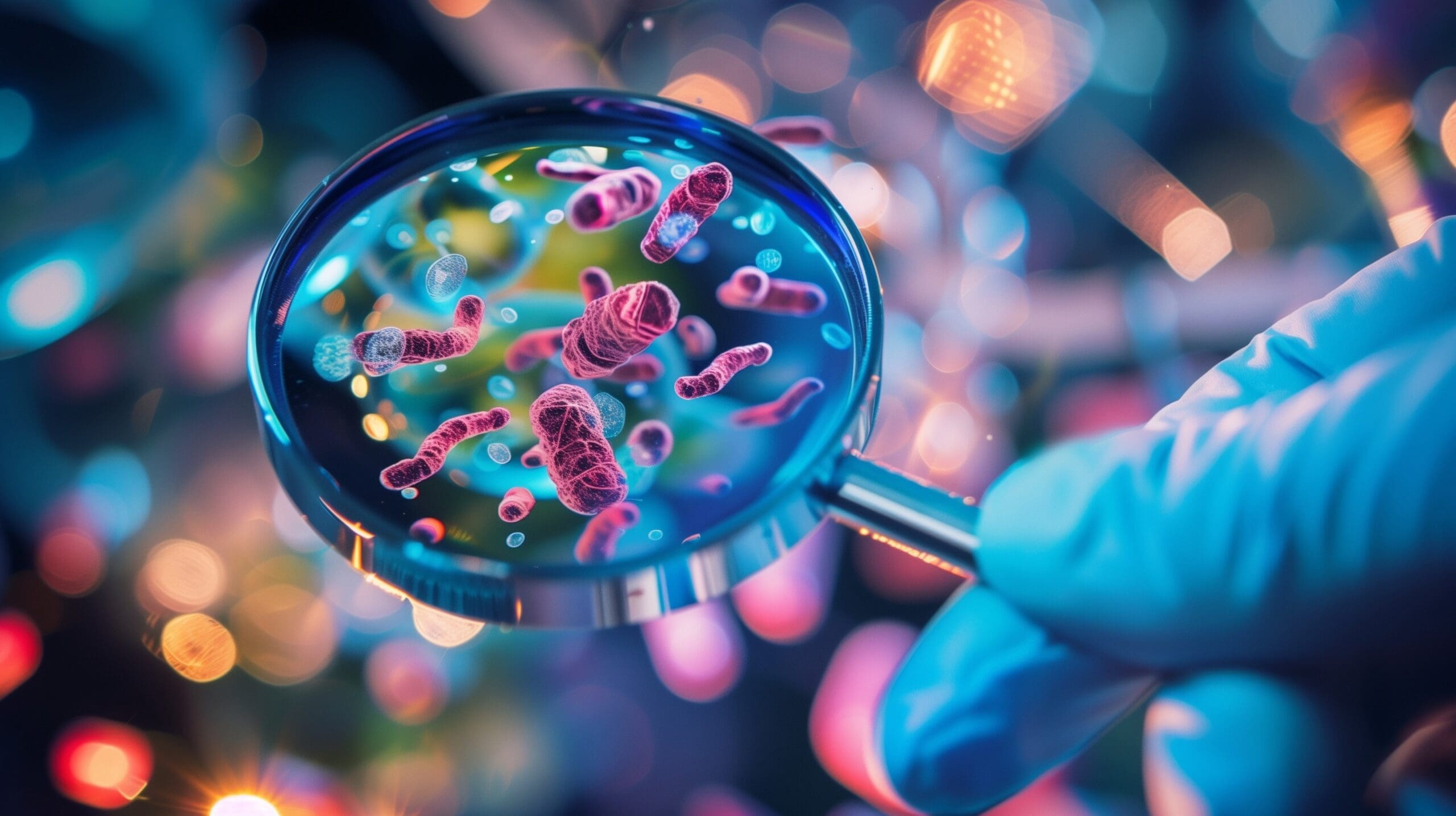
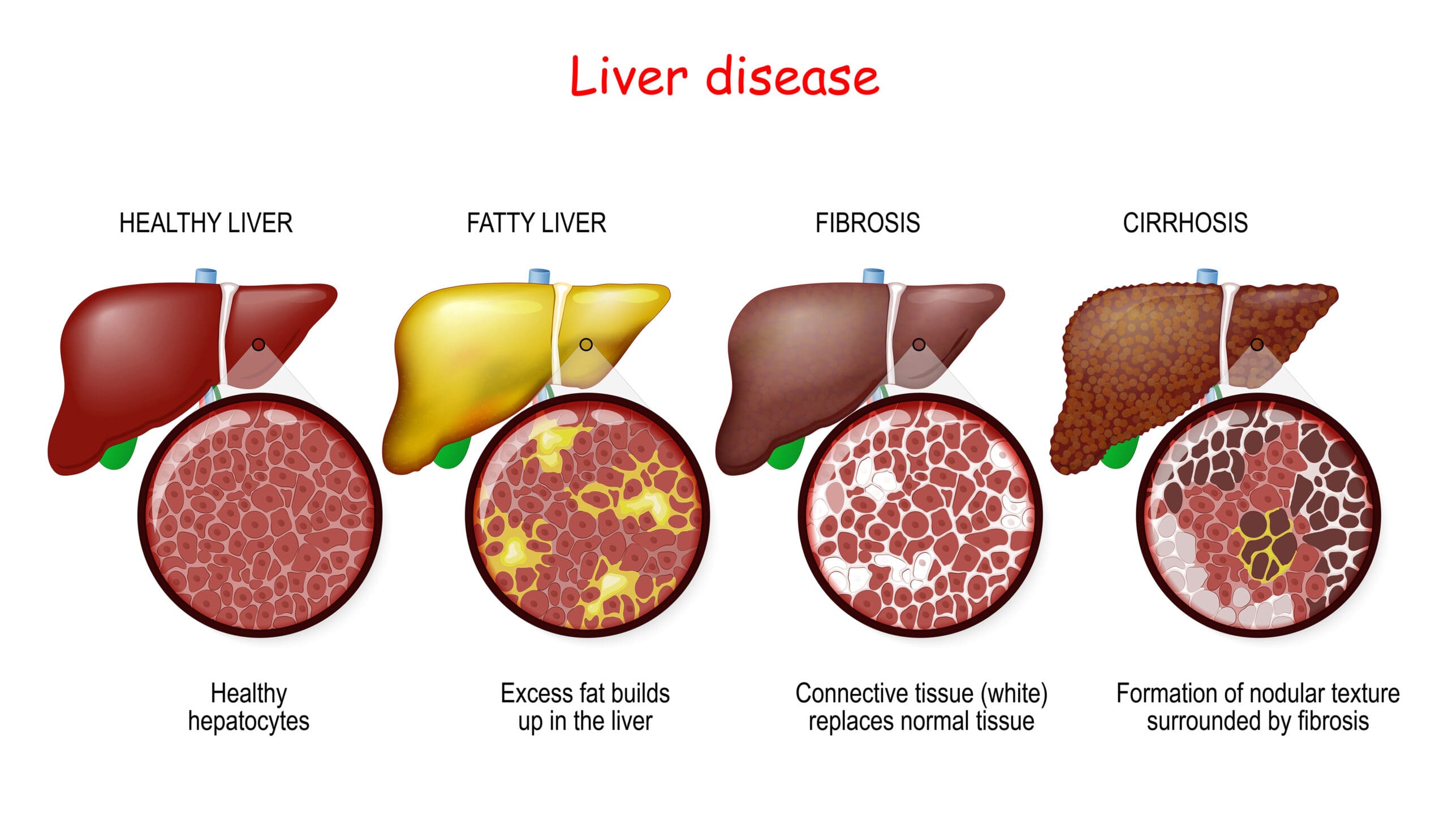
Leave A Comment